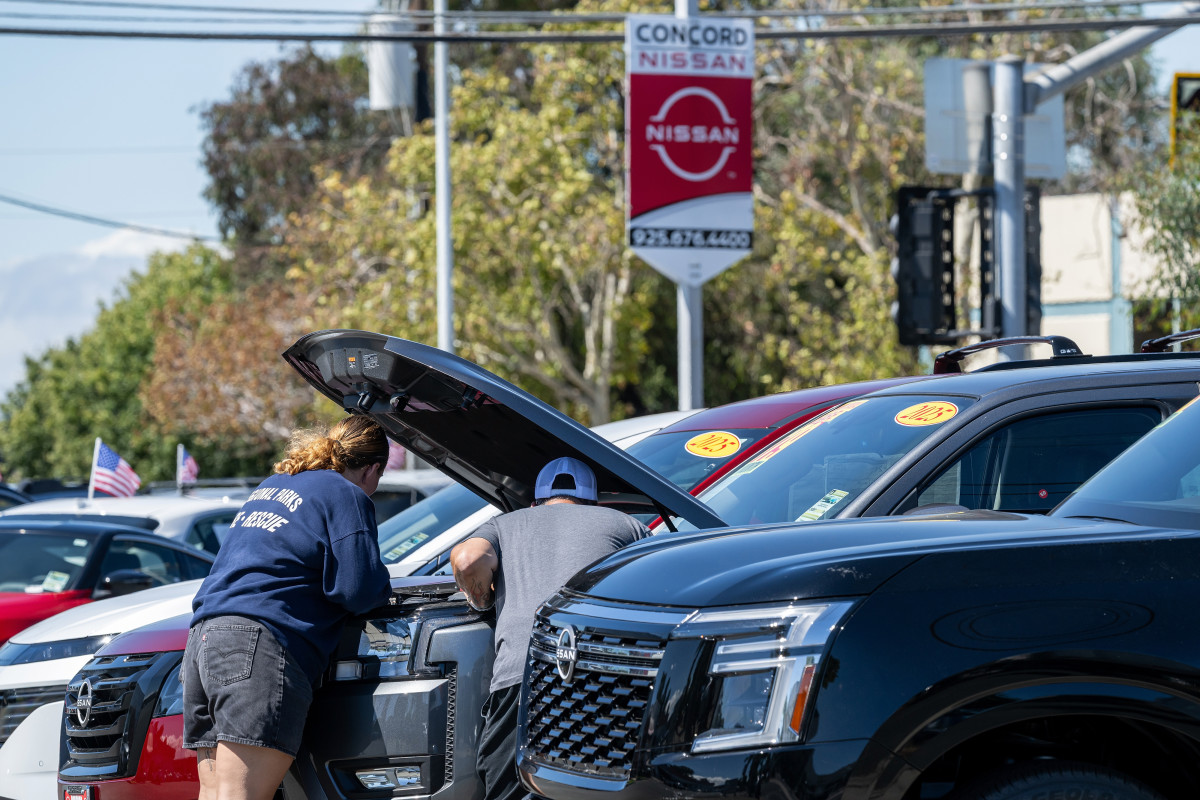The auto industry is in a strange place
A disturbing trend is emerging in our economy, and it’s not tariffs. Auto loan defaults are skyrocketing, prompting one auto loan lender, Tricolor Holdings, to file for bankruptcy. Auto parts supplier, First Brands, also went bankrupt.
In its most recent quarterly earnings call, Chase CEO Jamie Dimon cautioned that “everyone should be forewarned” by these bankruptcies. It may seem like a dismissive statement or an attempt to shrug off Chase’s relationship with those two companies and the impact their failure would have on Chase, but many view Dimon’s statement as a reason to be concerned about the economy and its impact on the auto industry.
What Chase CEO Jamie Dimon said about Tricolor and First Brands
Speaking to analysts, Dimon remarked, “My antenna goes up when things like that happen. I probably shouldn’t say this, but when you see one cockroach, there are probably more.” Dimon went on to add that Chase is now reviewing “all processes, all procedures, all underwriting—all everything” in the wake of Tricolor’s sudden collapse, adding “there clearly was, in my opinion, fraud involved in a bunch of these things. But that doesn’t mean we can’t improve our procedures.”
“We’ve had a benign credit environment for so long that I think you may see credit in other places deteriorate a little bit more than people think when, in fact, there’s a downturn,” Dimon added. This statement is key: the auto industry is experiencing early effects of a credit lending industry that isn’t prepared for the swift economic upheaval we’re currently experiencing. “We’ve had a credit bull market now for the better part of what, since 2010 or 2012? That’s like 14 years,” Dimon added. “These are early signs that there might be some excess out there because of it. If we ever have a downturn, you’re going to see quite a bit more credit issues.”
Should you worry?
Yes and no. Banks like Chase back companies like Tricolor and First Brands heavily, but the bank’s Chief Financial Officer, Jeremy Barnum, says its lending to non-bank financial institutions (NBFI) is secured. “I’m not sure that our lending to the NBFI community is an area of risk that we see as more elevated than other areas of risk,” Barnum says.
Getty Images
Tricolor was a subprime auto lender, meaning its customer base was riskier than average, with poor credit scores or limited credit history. Further, its bankruptcy trustee said there was “extraordinary” fraud at the company. First Brands seems to have a series of hidden loans and complex lending relationships, which strikes many as good ‘ol-fashioned malfeasance. In short, these were two companies destined to fail.
In a healthier economy, though, these two companies may have flown under the radar. As convoluted or corrupt as they may have been, Tricolor and First Brands may have been just fine without heavy unemployment, increasing cost of living, a bearish auto industry, and a slumping economy.
Final thoughts
When the housing industry balloon popped in 2008, subprime loans were a huge factor. Tricolor Holdings’ failure to stay afloat—even if there was fraud—is a strong indicator that people are struggling to make loan payments. Auto loans considered in “serious delinquency” are at their highest level since 2020, when COVID wreaked havoc, and are quickly catching up to 2010-era delinquencies, when the economy was in shambles.
